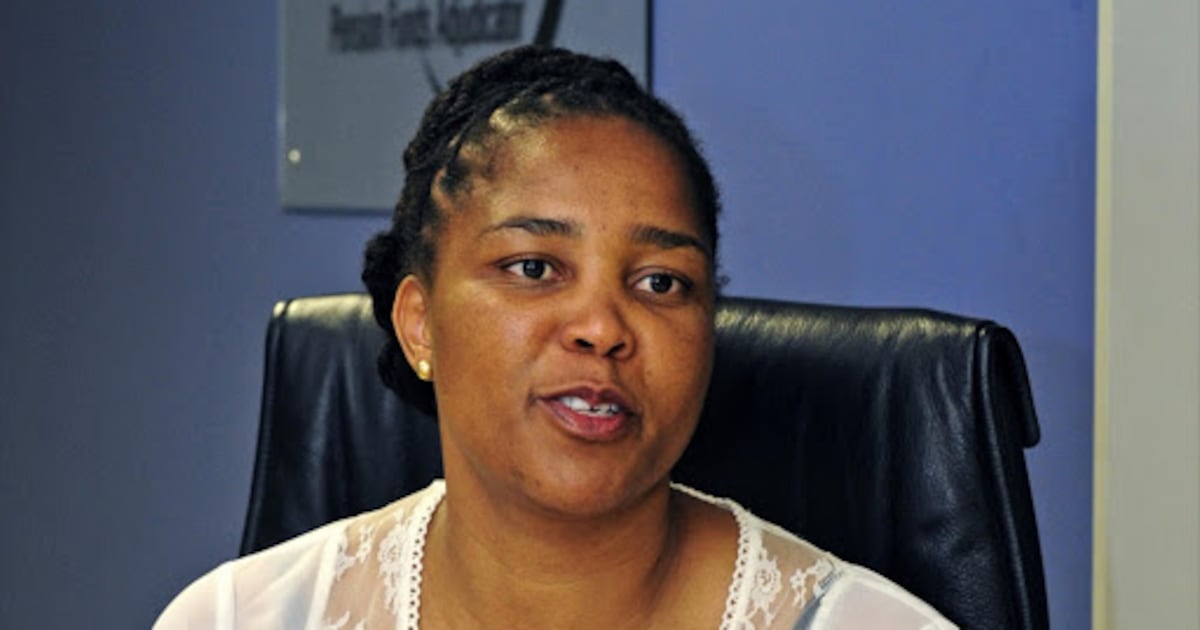More than a year after the two-pot retirement system was implemented, pension fund members are still flooding regulators in the sector with questions on how the system works and how soon they can expect the money they withdraw.
Pension funds adjudicator Muvhango Lukhaimane told parliament’s standing committee on finance on Friday that the institution had received thousands of queries related to the two-pot system in the 2025 financial year.
She told MPs that the nature of queries related to payment status, delays in payments, clarity on withdrawal procedures and calculation of benefits, adding that members were still learning the ins and outs of the system.
“We received 2,246 enquiries that dealt with two-pot … The top 20 funds where we received complaints … include the Security Pension Fund, motor industries, GEPF [Government Employees Pension Fund], and all of the funds that are indicated there,” she said.
The new system began in September last year, creating three segments for pension contributions, namely a savings pot, a vested pot and a retirement pot. By late January, an estimated R43bn had been withdrawn from people’s savings pots, generating R13bn in taxes.
The system allows withdrawals from the savings pot — subject to a marginal tax — while the retirement pot remains untouched. Previously members would have to resign from their jobs to access their total savings.
Lukhaimane said there were specific limitations that affected the pension funds adjudicator’s ability to intervene in disputes, including complaints where funds are under liquidation, where employers are undergoing business rescue, or where the funds are subject to litigation in a civil court.
“The biggest hurdle we have in terms of our jurisdiction is the fact that the courts have determined that prescription does run against pension fund contributions; therefore, if complainants don’t approach us within three years of those contributions outstanding or whatever matter it is that they wish to raise, we are unable to entertain that,” she said.
An Old Mutual survey this year found that 45% of members making withdrawals from their saving pot were doing so to pay off debt; 18% to pay school fees; 11% to pay off a bond; and 6% to buy groceries. The survey had 35,000 responses.
Lukhaimane said general complaints to the pension funds adjudicator in the first six months of the year reached 7,036, representing a 51% increase in general complaints from last year. Most of those complaints, 46.19%, were from Gauteng.
“We received 10,331 complaints and finalised 10,100, 93% of which were completed in six months. Also, we achieved a clean audit outcome … we achieved all of our 14 key performance areas,” she added.
Lukhaimane said the pension funds adjudicator continued to grapple with compliance among employers, with the payment of pension fund contributions remaining a challenge in sectors including the private security sector, which required more support from funds.
Also briefing the committee on Friday, Mpumi Tyikwe, CEO of the South African Special Risks Association (Sasria), said the insurer did not expect any major security risks during the G20 summit, which will gather the leaders of the most powerful countries in Johannesburg later this month.
“As much as we are seeing it as a risk, generally, we do know that coming this month … the security in South Africa will be heightened, and during this period we are unlikely to have any [major] events,” Tyikwe said.
He said Sasria was keeping its eye on data surrounding illegal miners, service delivery protests related to water, youth unemployment in failed industrial towns such as Rosslyn, and next year’s local government elections.
He said Sasria was able to deal with a catastrophic event costing up to R20bn. If South Africa experienced one costing more, Sasria would have to turn to the state for help, he said.

